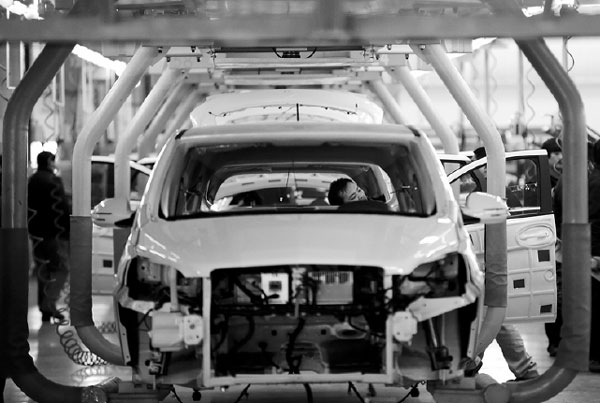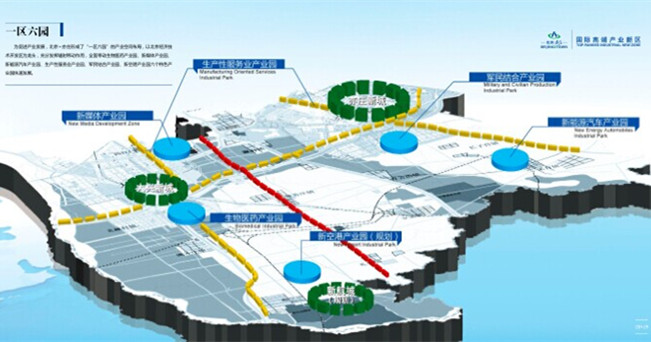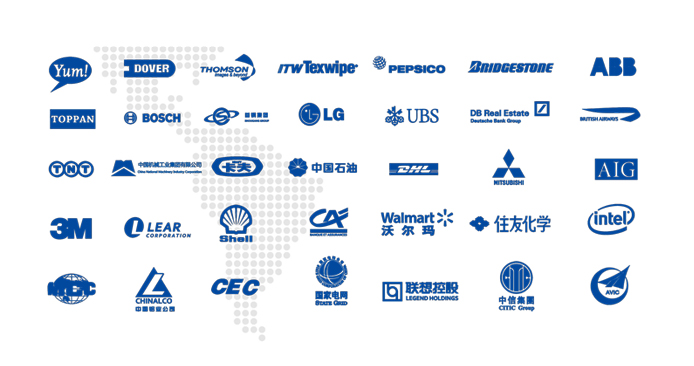BAIC plans backdoor listing of EV subsidiary
( China Daily )
SHANGHAI/HONG KONG - China's State-backed Beijing Automotive Group (BAIC) will take its electric vehicle unit public by injecting it into another listed subsidiary, boosting its financial muscle as the battle for the country's fiercely contested green energy car market heats up.
The de facto backdoor listing values the unit, Beijing Electric Vehicle Co, at $4.5 billion. The move comes as the government engineers a dramatic shift away from conventional gasoline cars, with strict quotas for electric and hybrid vehicles set to come into effect next year.
The shift has prompted major investment and a spate of deals between global automakers, technology firms and local rivals, as companies rush to bring out new vehicle models and set up local ventures and facilities in the world's biggest car market.
The BAIC deal is a rare listing for China's green car sector and marks the first time that a State-owned manufacturer of new energy vehicles will debut on one of the country's main stock exchanges.
Beijing Electric, established in 2009, said this month that sales jumped 98 percent in 2017 to 103,199 vehicles. That puts it just behind Warren Buffett-backed BYD Co Ltd, which said its new energy vehicle sales last year totaled 113,669, up around 13.5 percent.
Under the deal, Chengdu Qianfeng Electronics Co, one of the listed arms of BAIC, will buy the electric car unit and then sell 761.1 million shares at 37.66 yuan ($5.88) per share. Beijing Electric will become the listed entity.
China's automotive market slowed sharply in 2017, but new energy vehicles have been a bright spot. An industry body said this month that new energy vehicle sales would likely grow 40 percent this year, topping 1 million vehicles.
Carmakers, however, are worried about the rapid pace of the shift to fully electric vehicles and some have called for Beijing to maintain financial support for the auto market to help drive consumer demand.
John Zeng, managing director of LMC Automotive Shanghai, said the capital markets are interested in the sector, so going public would help Beijing Electric to raise funds for its future development. This would help offset the effect if some of Beijing Electric's popular models, like the EV 150, are not being covered in a subsidy plan the authorities are considering. Zeng said he expects more players to turn to the capital markets when the competition gets more heated.
Speaking of their long-term development, Zeng said carmakers should push research and development and improve their products, if they want to stay competitive when faced with international brands after China stops its subsidies altogether by the end of 2020.
Reuters - China Daily
|
An employee works on an assembly line producing electric vehicles at a factory of Beijing Electric Vehicle, funded by BAIC Group, in Beijing. Kim Kyunghoon / Reuters |
(China Daily 01/24/2018 page16)

 The Area with Six Parks
The Area with Six Parks Global Top 500
Global Top 500